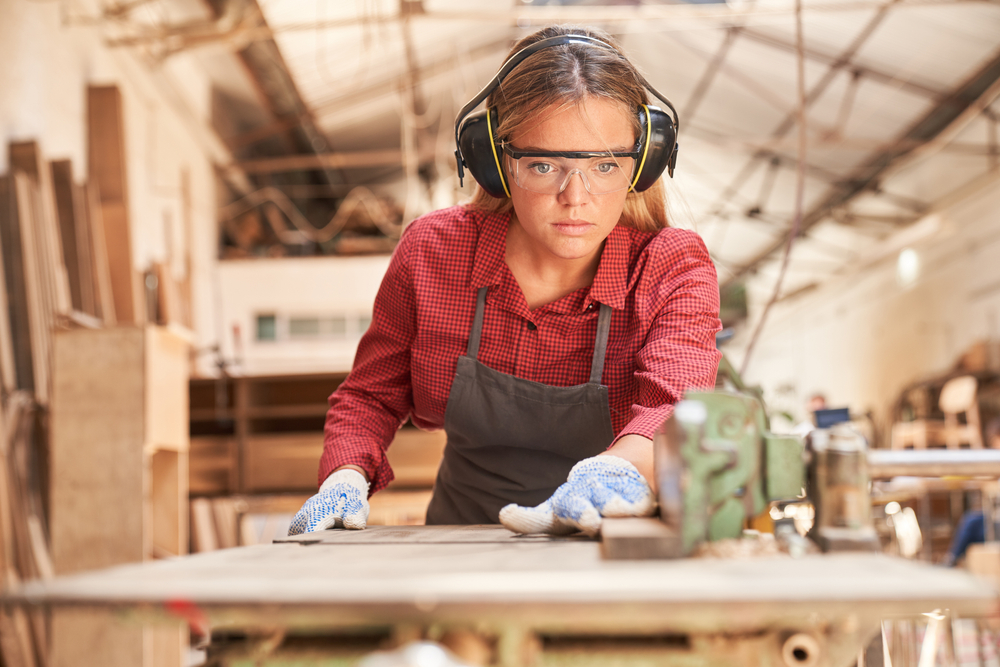
Whether you’re going to concerts, working, or doing some yard work, hearing protection is essential in keeping your ears safe against harmful noise levels. However, a number of factors can interfere with the effectiveness of your hearing protection, leaving you exposed to potential risks. In order to understand and successfully maximize the benefits of your ear protection, it’s essential to understand these issues.
Why hearing protection falters: common circumstances
Unexpected problems will happen even when you maintain best practices. You use your earmuffs faithfully at work, wear earplugs at concerts, and stay away from noisy situations whenever you can. However, the effectiveness of your hearing protection can be reduced by certain variables. Luckily, you can ensure the protection of your hearing by becoming aware of these common pitfalls and making informed adjustments.
1. Specific situations call for specific types of hearing protection
The effectiveness of hearing protection can be decreased by selecting the wrong type for the given situation.
Generally speaking, hearing protection comes in two main categories:
- Earmuffs: Larger devices that cover the entire ear, similar to headphones.
- Earplugs: Small foam or rubber plugs that tuck tightly into the ear canal.
There is an optimal type for each situation:
- Earplugs are appropriate for settings with continual noise levels, like factory floors or airplane cabins.
- In situations like a construction site where noise is irregular and you might need to frequently remove your hearing protection, earmuffs are the more effective choice.
If you’re in a quiet setting and need to momentarily remove your hearing protection, earmuffs are easier to deal with. However, earplugs, especially disposable ones, can be easily misplaced, leaving you exposed when noise levels rise again. Picking the right hearing protection for your requirements is the first step toward safeguarding your hearing effectively.
2. Fit and function are affected by anatomy
Everybody’s ears are unique, which means not all hearing protection devices will fit everybody equally well. An average sized ear is what basic earplugs and earmuffs are designed for, but a more individualized solution may be necessary for your ear’s anatomy.
- Smaller ear canals: If you have tight ear canals, standard-sized earplugs might not create an effective seal, decreasing their noise-blocking abilities.
- Larger ear structures: Bigger ears can make earmuffs uncomfortable, causing gaps in the seal that allow noise to penetrate.
If your hearing protection doesn’t fit properly, you may become discouraged and decide to discontinue using them altogether which can imperil your hearing. Consider opting for custom-fitted earplugs or professionally fitted earmuffs if you spend a lot of time in loud settings. These tailored solutions provide optimal comfort and effectiveness, ensuring you stay protected in any situation.
3. Failing to maintain or replace hearing protection
In order to remain effective, hearing protection devices need to be correctly maintained just like any other devices do. Wear and tear, incorrect cleaning, and missing replacement schedules can all undermine their ability to protect your ears.
The following are a number of tips on how to maintain hearing protection:
- Check for Damage: Check the elastic band on earmuffs frequently. Their ability to effectively block noise can be compromised if the elastic band is loose or stretched.
- Clean Properly: Debris and earwax can build up on your hearing protection over time. Clean them regularly using manufacturer-recommended methods to ensure cleanliness without damaging the material.
- Replace Cushions: Over time, earmuff cushions can lose their pliability. In order to maintain a tight seal, replace the cushions when necessary.
Neglecting these simple maintenance duties can leave your hearing protection less effective or even useless. In order to ensure consistent and efficient performance, and to extend their lifespan, it’s essential to keep these regular maintenance routines.
What is the role of a hearing specialist?
If you’re uncertain whether your hearing protection is getting the job done, schedule a consultation appointment with us. We can examine your present devices, recommend alternatives, and even provide custom solutions tailored to your particular requirements.
Safeguarding your hearing is a lifelong commitment, and it’s worth the effort to ensure you’re using the proper tools for the job. You can safeguard and preserve your hearing for many years by managing these common challenges.